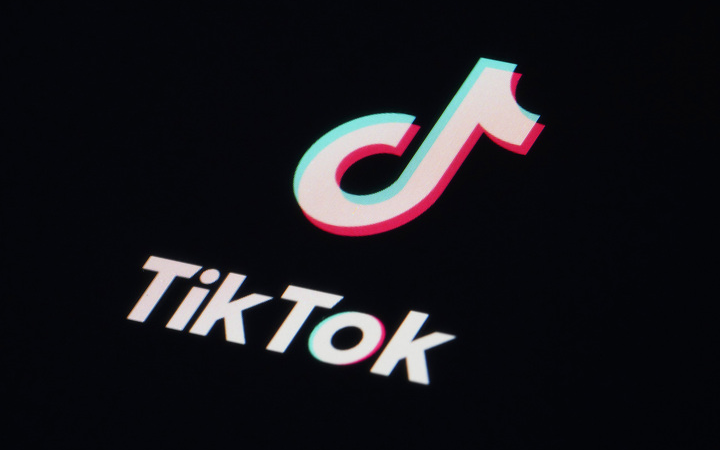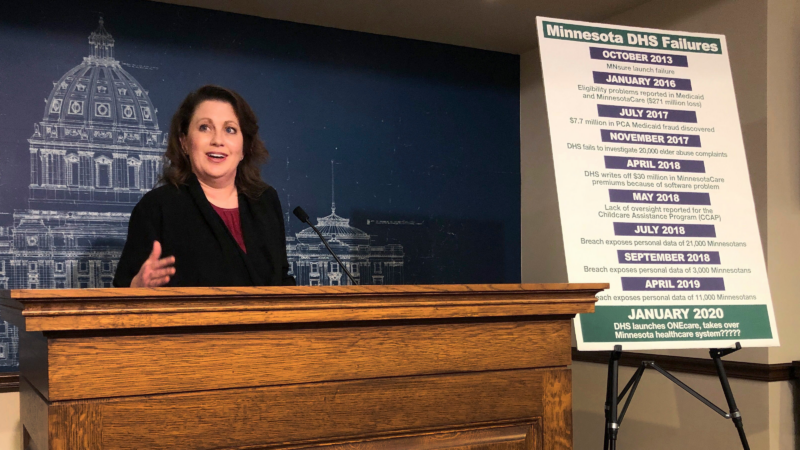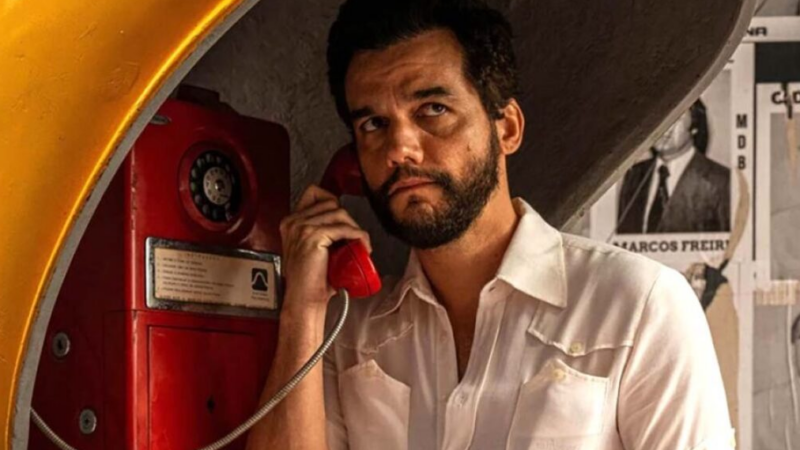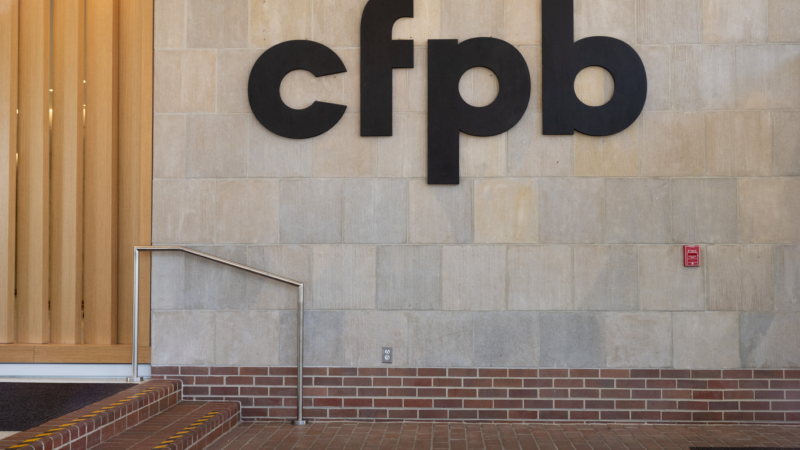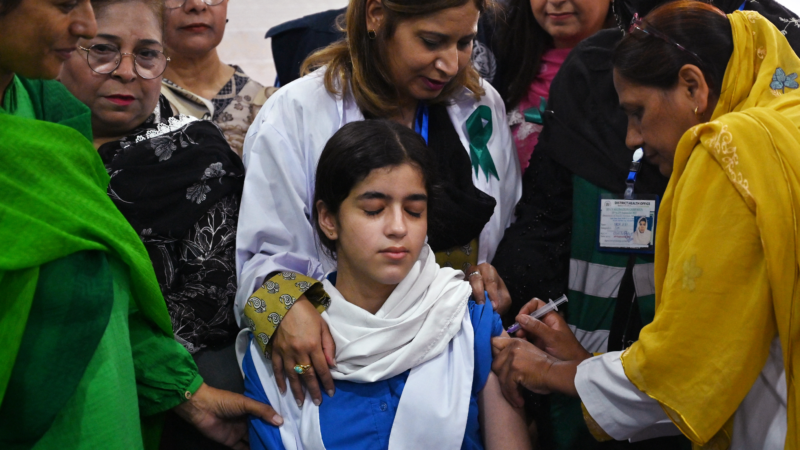Trump extends TikTok’s sell-by deadline again
President Trump has again promised to delay enforcement of TikTok’s sell-by date, extending the video app’s effective deadline to sever ties with its China-based corporate owner by 75 days.
The White House’s TikTok deal “requires more work to ensure all necessary approvals are signed,” Trump wrote on Truth Social.
He said the administration hopes to “continue working in Good Faith with China, who I understand are not very happy about our Reciprocal Tariffs,” referring to the 34 percent levy on Chinese imports Trump announced this week.
“We do not want TikTok to “go dark.” We look forward to working with TikTok and China to close the Deal,” Trump wrote on his social media site.
Negotiators had been expecting to announce a deal on Friday morning on TikTok, but one factor that complicated the plans was Trump’s firing of a National Security Council official who was helping to coordinate the TikTok deal, according to a source directly involved in the talks who was not authorized to speak on the record.
The Friday reprieve provides TikTok with a bit of breathing room in what has been a bumpy year. A federal law took effect in January that legally banned the service nationwide unless it split away from ByteDance, the Beijing tech giant that owns the viral video app, which it did not.
Congress passed the ban in 2024 with overwhelming bipartisan support over national security fears that an app used by more than half of Americans should not be controlled by China, a foreign adversary of the U.S. TikTok fought the ban all the way to the Supreme Court, calling it a violation of free speech rights — but the high court upheld the law in early 2025.
Starting the evening of Jan. 18, just before the ban was planned to take effect, the app went dark for 14 hours. But it flickered back on the next day after Trump promised to sign an order delaying enforcement of the ban once he was sworn into office.
On Inauguration Day, Trump signed an executive order effectively pushing back the start of the ban by 75 days, and promising immunity for other tech companies that provide back end services for the app, such as Apple and Google, which host it in their web stores. That extension was set to expire on April 5.
The new order pushes it back by another 75 days.
Legal experts say Trump’s delays do not halt the TikTok ban, meaning it is still technically illegal for TikTok to operate in the U.S. with ties to China. Yet moves by Trump and his administration assuring TikTok and its service providers that U.S. authorities will not prosecute anyone under the law have been enough for the popular app to stay online despite operating in violation of a federal statute.
Since January, Trump has said there has been “tremendous interest” from potential buyers of TikTok, an app used by more than 170 million Americans and a remarkably valuable asset for anyone who might want to influence a whole generation of young internet users who flock to the service every day.
NPR reported in January that cloud computing company Oracle has been tapped by the White House as a top contender to lead a coalition of other investors to acquire a sizable stake in TikTok’s U.S. operation.
Oracle is run by Larry Ellison, a billionaire Republican donor who has long been a close ally of Trump.
During Trump’s first term, when he attempted to ban TikTok, he selected Oracle to lead a take over effort that collapsed in part because it could not win the support of regulators in China.
Likewise, securing the approval of the Chinese government has been a key sticking point this time around, with TikTok insiders telling NPR that any sale blessing from Beijing could hinge on China landing some kind of relief from tariffs.
Trump administration says it’s freezing child care funds to Minnesota
President Trump's administration announced that it's freezing child care funds to Minnesota after a series of fraud schemes in recent years.
Flu cases are surging and rates will likely get worse, new CDC data shows
Flu season is off to a rough start this year, according to new CDC data. The virus is spreading faster than in previous years and the surge is likely to get worse. Here's what you need to know.
10 passion projects that stood out at the movies this year
NPR critic Bob Mondello narrows down his favorite movies of the year — the ones that made audiences vibrate.
Judge orders Trump administration to continue to seek funding for the CFPB
The order is the latest in a complex legal battle over the fate of the Consumer Financial Protection Bureau, a watchdog agency.
In a year of steep challenges, there were still shining moments in global health
The Trump administration's deep cuts in U.S. foreign health aid had a devastating impact. Yet there were achievements of note in spite of it all.
An escalation in Yemen threatens to reignite civil war and widen tensions in the Gulf
Saudi Arabia bombed Yemen's port city of Mukalla, targeting a shipment of weapons from the United Arab Emirates for separatist forces. The UAE later said it would withdraw its forces from Yemen.

